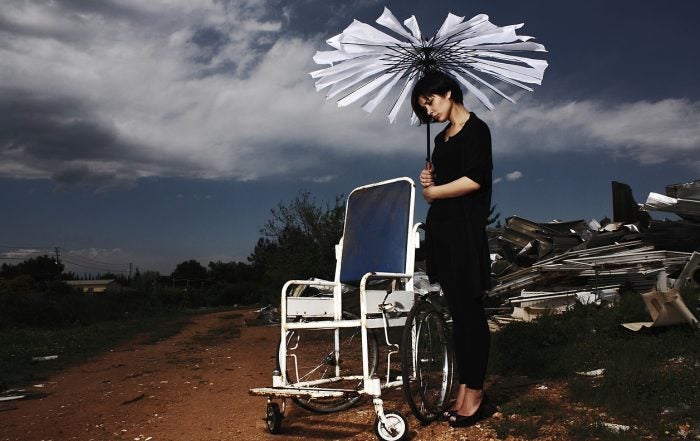Home » Articles posted by Aggie Transcript (Page 2)
Author Archives: Aggie Transcript
Cell-free DNA Testing as the Next Generation of Cancer Screening
By: Anna Kirillova, Cell Biology, ‘19 Author’s Note: “This article was brought to my attention in my Human Genetics class (MCB 162) when we were discussing novel methodologies for diagnosis of fetal trisomies (Down Syndrome). The purpose of this review is to highlight how basic biology can translate into significant advancements in disease diagnosis. […]
The Genetic Basis of Nicotine Addiction
By: Anh Nguyen, Microbiology, ’17 Author’s Note This article is a synthesis of research that I have found about the genetic basis of nicotine addiction. The purpose of this piece is to thoroughly inform the reader. In this article I will discuss how genetic variation affects nicotine dependence, review studies which examine the effects of […]
We’re All Going to Die, but Will It be via Mass Extinction?
By N.J. Griffen, English, ’17 Author’s Note: “Stephen Hawking at the end of last year wrote an article for The Guardian saying: ‘…we are at the most dangerous moment in the development of humanity. We now have the technology to destroy the planet on which we live, but have not yet developed the ability to escape it. […]
Ants Who Farm: The Evolution of Fungal Obligate Symbiosis
By Wren Greaney, History major, Biological Sciences & Community Development minor, ’17 Author’s note: “I started to look into entomological research as a result of learning about insect diversity in ENT100. I came across a study regarding ants’ fascinating advanced ability to cultivate fungi. I thought it was incredible that we have agriculture in common […]
So, Where are we With Abortion?
Reproductive Health Care Access in the United States: A Review of Literature By Madison Dufek, Biological Sciences with an emphasis in Neurobiology, Physiology, and Behavior, Minor in Communications, ’17 Author’s Note: “Reproductive health care/family planning refers to services that provide birth control, prenatal care, and pregnancy termination procedures. This is a subset of health […]
Manufacturing Synthetic Blood Vessels That Grow with the Patient
By Bukre Coskun, Cell Biology, ‘18 Author’s Note: “The ability to build new organ parts may seem like science fiction, but tissue engineering is a fast-growing field that has already yielded promising results. After reading that congenital heart defects are the most common type of birth defect, I was compelled to do some research on […]
Got a Spare?
By Harrison Manacsa, Biological Sciences, ‘17 Author’s Note: “This started as a case study I wrote on my friend’s chronic kidney disease for UWP104F. She was diagnosed during our freshman year; and I see the impact of her weekly dialysis on her family, diet, and college schedule. Knowing that a kidney transplant will greatly improve […]
A New Role for Mosquitoes in Disease-Outbreak Prevention
By Chantele Karim Author’s Note “I became interested in vector-borne diseases in Spring of 2016, when I conducted an independent study on the ethical advancement of genetically modifying technology. I discussed the potential application of CRISPR to mosquitoes, primarily Aedes aegypti, in the effort to combat dengue. Throughout my extensive research, the danger posed by […]
Current discussion surrounding Dr. Canavero’s human head transplant proposal
By Carly Cheung, Microbiology, ’17 Author’s Note: “The controversial topic of a human head transplant caught me by surprise when I read about it in the news. I was curious about the psychological, immunological, and technical complications of this procedure. After researching it, I became more knowledgeable and open-minded towards it.”

